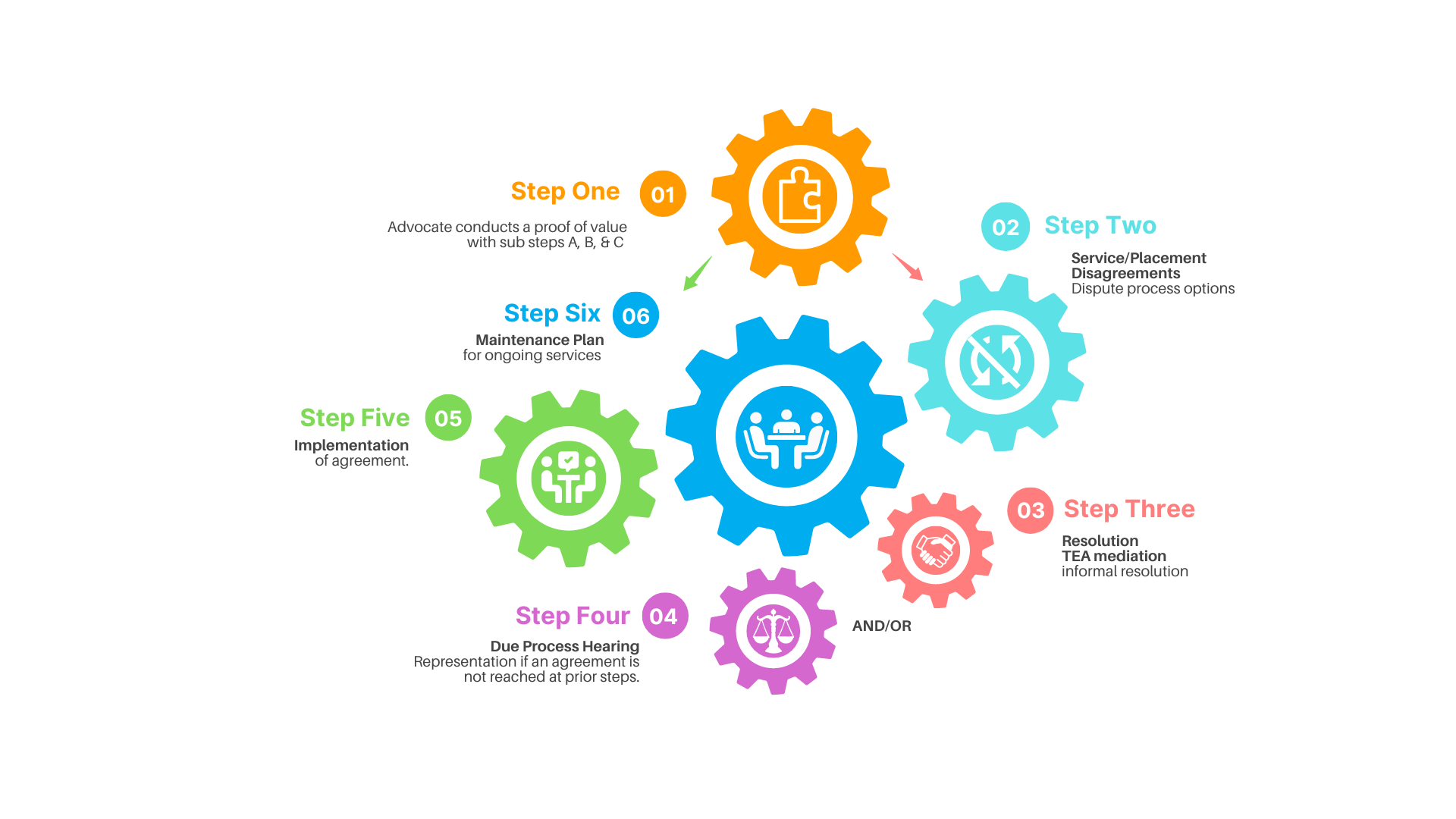For the Parent Who Won’t Give Up: 3 Data Truths That Improve Advocacy
Understand the tests and the rest of the Educational File
Own the Facts – Master That Evaluation Report.
If you’ve ever seen a standard score of 80 and assumed it meant 80%- you are in good company. Many families make that assumption because no one takes the time to explain what those numbers actually mean. A score of 80 doesn’t indicate passing. It places your child in the 9th percentile– far below the skill level expected for his age.
Understand the tests as quantititative data.
Those “average,” “low-average,” and “below-average” labels aren’t just general descriptors. They are tied to specific statistical ranges and plugged into complex frameworks like Cross-Battery assessments. And those t-scores? They don’t mean what most people think they do. You are suddenly expected to decode technical language, assess statistical results, and make high-impact decisions – all before finishing a meeting that determines your child’s future.
You shouldn’t have to go alone. You need a skilled translator and a strategic partner.
Early on, you likely trusted the team to lead the process. But now, the red flags are adding up. Why does a 60-page evaluation lack meaningful recommendations? Why is the football coach the only General Education representative in your IEP Meeting? Why does the report say your child is doing fine, while their grades – and your gut- say otherwise?
Your child says services aren’t happening. The teachers’ observations report that everything is great. The data doesn’t add up, or match reality.
It’s not just confusing – it’s isolating. But you are not wrong to ask questions. You are seeing what others are missing.
Here’s what come’s next: You get clear on the data. You gain a partner who can interpret the report, translate the jargon, see the omissions and help you build a plan to correct course – grounded in facts – not assumptions.
You Deserve More than Confusing Jargon
Have you ever read an evaluation and felt like you were expected to “get it”- but didn’t? That’s no surprise. Psychological and educational reports are packed with terms like confidence intervals, discrepant scores, and borderline. They sound authoritative- but leave parents overwhelmed and unclear about what is important.
Let’s be clear: it’s not a lack of interest or intelligence. Its a lack of access. No-one handed you the manual for interpreting technical data in high-stakes meetings.
That’s why we created the Advocacy Analysis Report.
#1: It breaks down complex assessment data into clear, actionable insights. We translate the technical language, highlight what’s important, and flag what may have been overlooked-so you are fully informed, fully prepared, and in control.
We know that speaking up in a room full of professionals can be intimidating. But you are not unprepared, you’re being asked to make criticial decisions without a guide – without knowing what you don’t know. That’s not acceptable.
You deserve answers you can understand.
Next step: Let’s review your evaluation together.

Don’t Say Yes until you comprehend the tests
Standard scores, t-scores… it’s a lot to take in. But here’s the truth: if the numbers don’t make sense to you, how can you confidently agree to a plan that’s based on them?
And that’s often just the beginning.
If your input, as a parent, is missing from the report – or if your concerns weren’t fully explored-you’re right to feel frustrated. So what can you do now? You can speak up. You can ask for clarity. And yes you can request corrections.
Comprehensive assessments are complete evaluations and the foundation of an appropriate educational program. But “comprehensive” doesn’t mean complete unless your voice and your child’s full profile are part of it.
#2: That’s why I bring in more than one opinion. When I review evaluations, I consult with licensed psychologists, licensed dyslexia therapists, speech language pathologists and board certified behavior analysts.
Sometimes, you need a second opinion
Your Private Team Is A Strategic Asset
If you have them, your child’s private providers-therspists, specialists, evaluators-hold critical insight. When their knowledge is fully integrated into the educational process, it can significantly shift outcomes. Know that a strong evaluation doesn’t just list scores; it tells the whole story of your child’s needs, strengths, and support requirements. It should lead to clear, customized programming-not generic plans.
Know What the Data really Says. Now You Understand The Tests
#3: Test scores shouldn’t be a mystery. That’s the purpose of Lumen’s Advocacy Analysis Report. We translate complex data into actionable insight.
Leverage the Insight
Our Audit & ARD service goes even further as we develop strategy for implementation in an IEP meeting. If you need a partner for a way forward, let’s talk. You’re going to understand the tests and take this information to the next step with representation. For more help, call to consider this.


Questions?

Questions?
DISCLAIMER: Everything displayed on this site shall be regarded as general information and in no way should it be interpreted as specific advice for your child.

